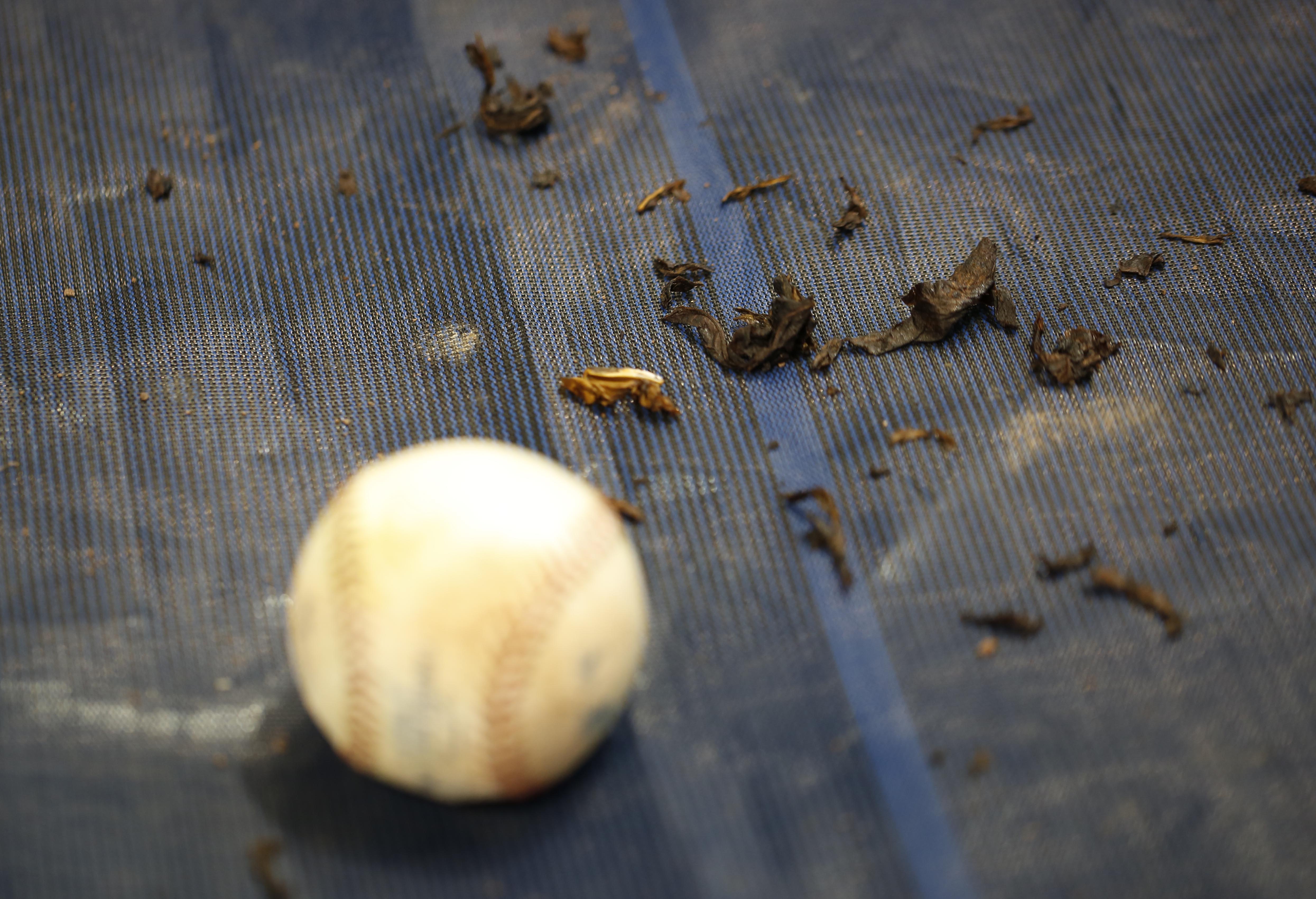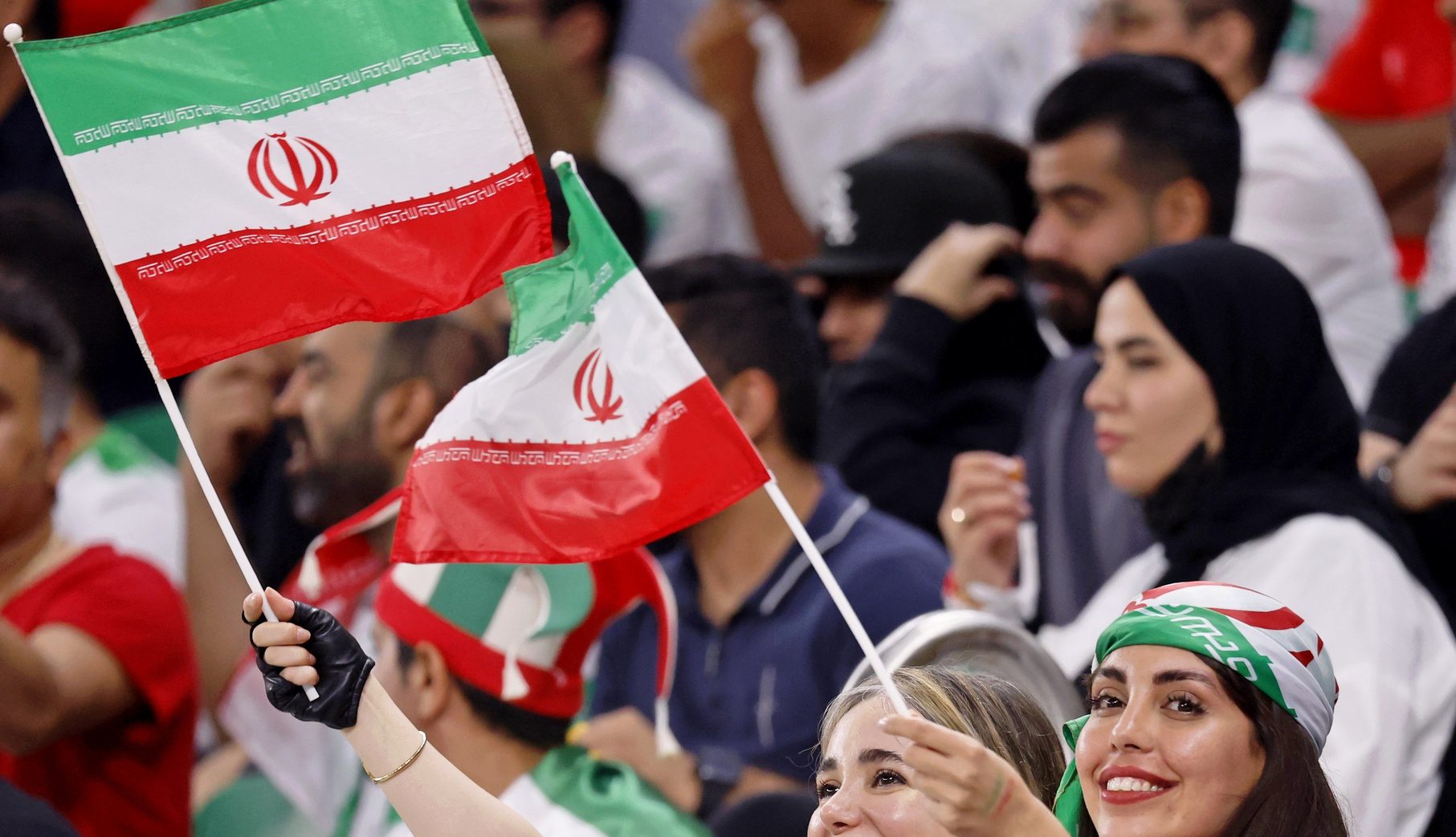Cities like Boston, Chicago, New York, Los Angeles and San Francisco have all passed bans on the use of smokeless tobacco at ticketed sporting events, leaving teams like the Washington Nationals are beginning to confront a new reality and some big time issues.
Player now have to decide whether the habit is worth flouting a law and potentially bringing unwanted attention a player, coach or executives. It’s a dilemma many teams will be facing when they take their first trips to cities where the ban is in place. Teams making the trip to Chicago won’t be faced with the ban until June, but the ban on chew is in place at all other cities already.
These bans aren’t totally new for players, who already are banned from displaying or using chew during televised interviews and appearances and from carrying tobacco products on their person during games. However, that hasn’t stopped the use of smokeless tobacco in the least.
One look at a MLB dugout and a person can see cans, tins and packages of the product all over the place. Players still make the choice to chew, even with MLB and the MLBPA taking efforts to curb the use of a product that has been known to significantly increase the risk of cancer in users.
Players, like those on the Nationals, have had mixed reactions to confronting the ban. Some understand the concern behind the bans, others wonder about personal freedom and just how the ban is really going to be enforced.
Via the Washington Post, Nationals manager Dusty Baker took a humorous approach to all of this.
“I haven’t heard about anything; have you heard anything? When they bust you, do they keep it a secret, or . . . ?” Nationals Manager Dusty Baker asked Saturday with seemingly genuine curiosity. “I don’t know anybody that dips,” Baker said with a sly smile that might as well have come with a wink and a nudge, too.
Baker’s first baseman Clint Robinson has a different approach and wonders if the bans have gone too far.
“If they want to say, ‘Keep it out of your back pocket; keep it hidden’ just so it’s not on TV, I’m all for it. I don’t want to promote it, because it is a disgusting habit. I wish I didn’t do it, but I do. So I’m not really a big fan of being told I can’t.”
However, Robinson and others do say they will adhere to the bans in place out of respect for the law.
Others don’t understand the target on something that is personally harmful and not to others, while ballparks are full of adds for fatty foods and alcohol at the same time. It’s something Nationals closer Jonathan Papelbon.
“I guess my thought on it is if you want to ban something that’s completely legal, you might as well ban sugar and all the other fattening foods they sell in the ballpark, too,” Papelbon said.
One still has to wonder how cities are going to enforce such a law, as players could just as easily duck in to the clubhouse for a dip when needed and no one would be the wiser. It seems as if this law, while having good intentions, is going to be difficult to completely enforce.
Given this is the first year with these laws in effect, it will be interesting to see how those who chew as players and coaches deal with their addiction.







